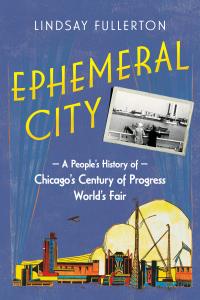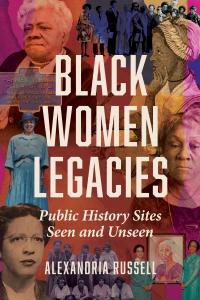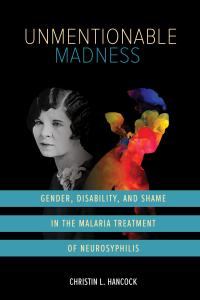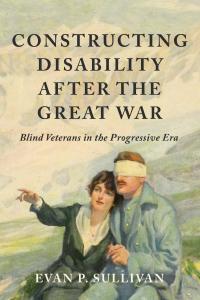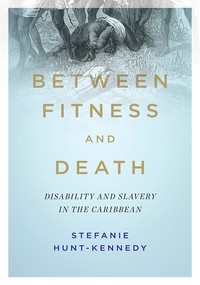
Disability Histories
About the Book
The field of disability history continues to evolve rapidly. In this collection, Susan Burch and Michael Rembis present essays that integrate critical analysis of gender, race, historical context, and other factors to enrich and challenge the traditional modes of interpretation still dominating the field.Contributors delve into four critical areas of study within disability history: family, community, and daily life; cultural histories; the relationship between disabled people and the medical field; and issues of citizenship, belonging, and normalcy. As the first collection of its kind in over a decade, Disability Histories not only brings readers up to date on scholarship within the field but fosters the process of moving it beyond the U.S. and Western Europe by offering work on Africa, South America, and Asia. The result is a broad range of readings that open new vistas for investigation and study while encouraging scholars at all levels to redraw the boundaries that delineate who and what is considered of historical value.
Informed and accessible, Disability Histories is essential for classrooms engaged in all facets of disability studies within and across disciplines.
* Publication of this book was supported by a grant from Middlebury College.
About the Author
Susan Burch is an associate professor of American studies and former director of the Center for the Comparative Study of Race and Ethnicity at Middlebury College. She is the author of Signs of Resistance: American Deaf Cultural History, 1900 to World War II. Michael Rembis is an assistant professor of history at the University at Buffalo, SUNY, and the director of the Center for Disability Studies. He is the author of Defining Deviance: Sex, Science, and Delinquent Girls, 1890–1960.Reviews
"A formidable collection of essays. The contributions show that disability is a construct central to society. They invite us to carry out further research in disability history using some of the new methods and sources proposed in order to approach historically more experiences of disabled communities outside North America and Western Europe, such as, for example, the experiences of people contracting poliomyelitis and their sequelae in cultural backgrounds as different as those of Asia and Africa."--H-Net Reviews"This volume is a must read for both medical and disability historians. Unlike previous anthologies, Disability Histories takes seriously both the commonalities and differences between the two fields, and urges readers to see each as necessary to the other."--Social History of Medicine
"Disability Histories fills a much-needed vacuum in disability studies. . . . Fascinating and compelling."--The Journal of American History
Blurbs
"This book will be instantly recognized for what it is: a much-needed sampling of the best scholarship in a field that has grown tremendously over the past decade. It is a gem."--Lauri Umansky, coeditor of The New Disability History: American Perspectives
"A great resource for disability scholars and activists and a very good scholarly contribution. This is an important book."--Steve Noll, author of Feeble-Minded in Our Midst: Institutions for the Mentally Retarded in the South, 1900–1940
"Invites readers from the public and academia to investigate the wider claim that disability is a construct central to society and scholarship as a whole. This collection will be welcomed by many."--Robert M. Buchanan, author of Illusions of Equality: Deaf Americans in School and Factory, 1850–1950
